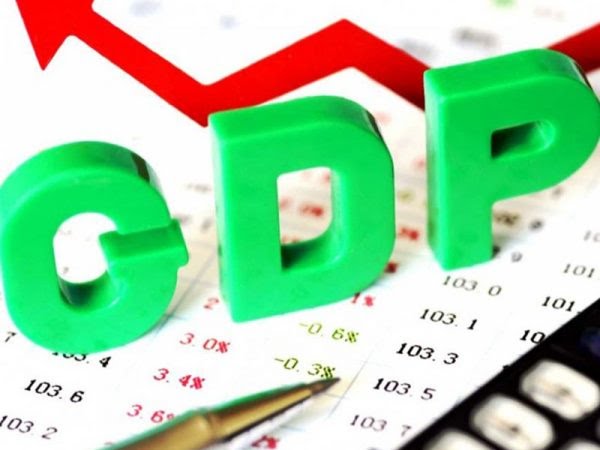ECONOMY
3.4% GDP growth shows gradual economic recovery – CPPE

Dr Muda Yusuf, Chief Executive Officer, Centre for the Promotion of Private Enterprise (CPPE), says the nation’s Gross Domestic Product (GDP) growth rate of 3.4 per cent shows economic recovery.
Yusuf made this known in an interview with our correspondent on Friday in Lagos.
He noted that the figure surpassed projections of both the International Monetary Fund (IMF) and the World Bank of 2.6 per cent and 2.7 per cent respectively.
The CPPE boss attributed the positive growth to a strong base effect and the easing of shocks of the pandemic on the economy.
He noted that the base year (2020) was characterised by devastating shocks of the COVID-19 pandemic with its attendant collapse of commodity prices, supply chains disruptions, travel restrictions and lockdown.
“But in 2021, we saw a rebound of oil prices, relaxation of travel restrictions, improvements in vaccination rates, lifting of lockdowns and economic stimulus programmes by government.”
“The fourth quarter typically witnessed increased spending and heightened tempo of economic activities because of the end of year festivities.”
“These were the critical drivers of the growth,” he said.
Yusuf, however, noted that the GDP growth was not an end in itself but a means to an end.
He said for growth to be meaningful it must impact on citizens’ welfare, create jobs, alleviate poverty, reduce inequality, ensure prosperity of small businesses and promote inclusion.
Yusuf also said the economic performance on the score of those metrics had been sub-optimal.
“Galloping inflation and the sharp depreciation of the currency has inflicted immeasurable shocks on business performance and the welfare of citizens.”
“Citizens purchasing power was considerably eroded, thus aggravating poverty.”
“While we welcome the positive growth numbers, we reckon that there is still a great deal of work to be done to translate the growth to improved welfare and prosperity of small businesses.”
“This will require a mix of fiscal, monetary and social policy interventions,” he said




 Davido's Net Worth & Lifestyle
Davido's Net Worth & Lifestyle 
